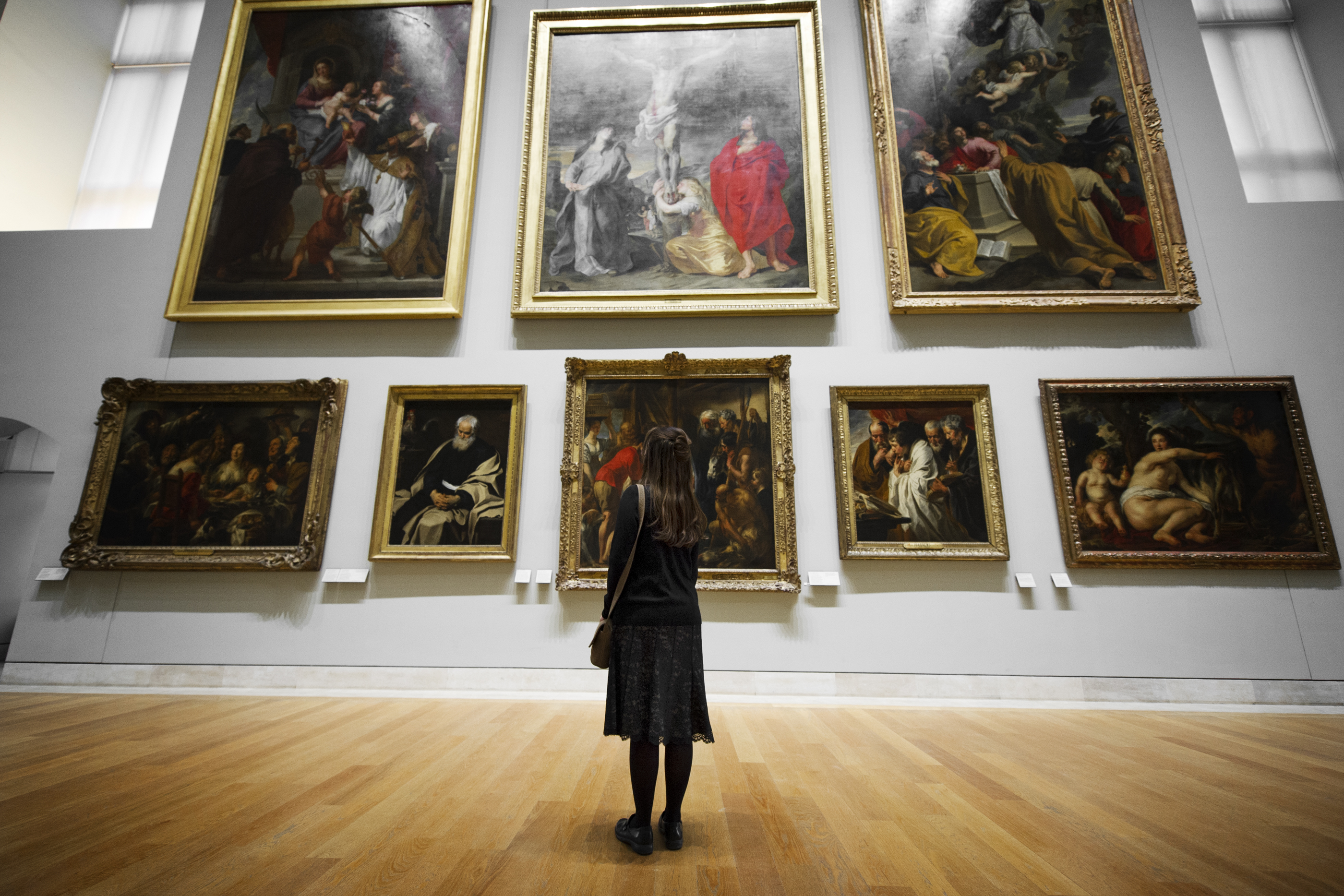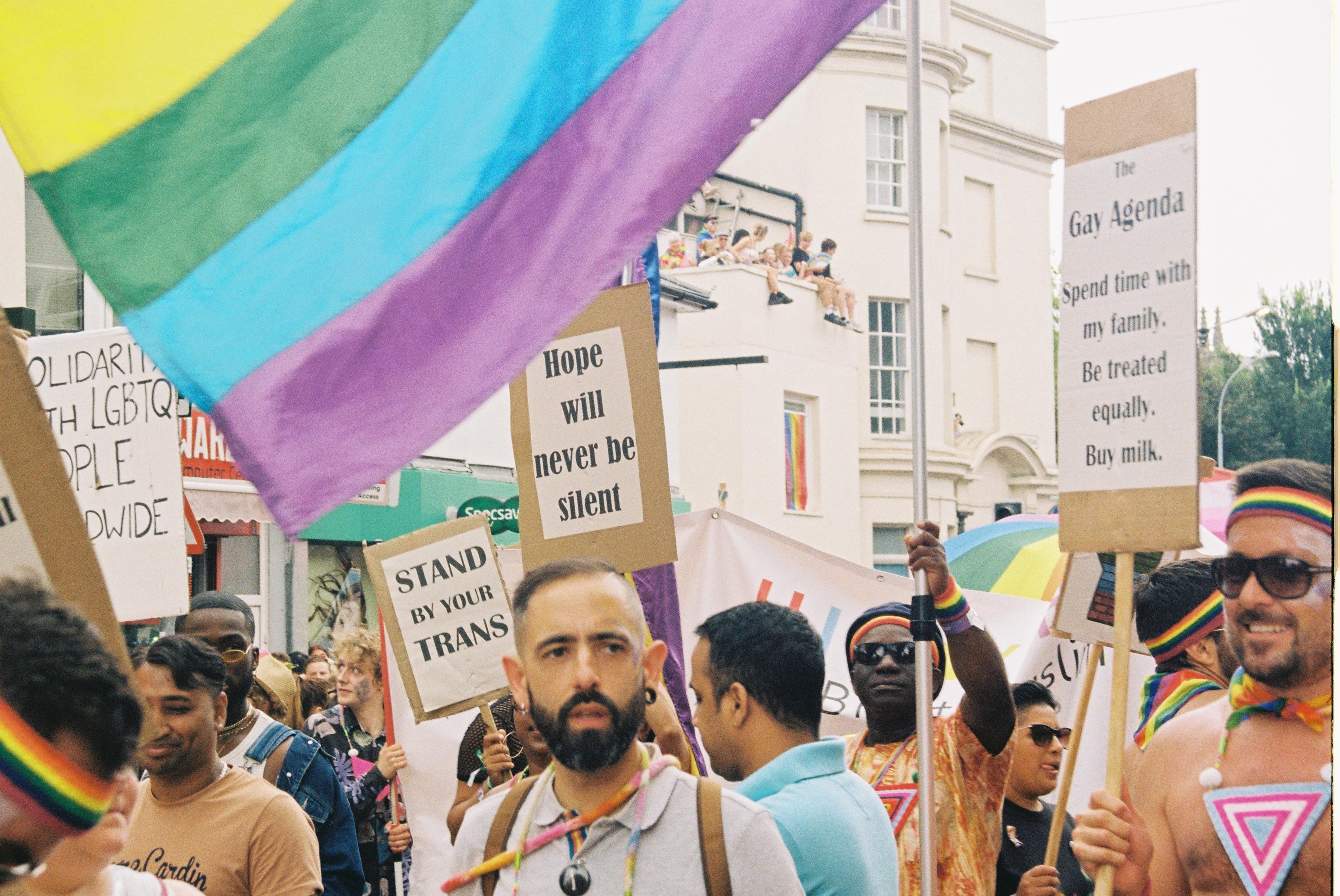Even those of us who cannot write a novel, hold a note or put oil to canvas, can enjoy and appreciate an artist’s interpretation of the world around them. Through creativity, human experiences and emotions can be translated into a common language. This is where the importance of the arts lies.
As difficult as it is to put a finger on what actually constitutes art, ‘the arts’ and the culture they represent, their multiple dimensions clearly have an ability to strike a universal chord. What it seems hard to look past is the scope they give us to connect to the past, the present, and the future almost simultaneously. To imagine the unimaginable.
As ambassador and professor of international relations, Cornell University president David Skorton said: “our nation’s future may depend on our creativity and our ability to understand and appreciate the cultures around the world as much as on our proficiency in reading and math.”
While recognizing the importance of art, there is no way around the fact that the arts in both education and leisure are predominantly a privilege. A degree in a humanity or art-based subject is non-vocational to the extent that it cannot secure a certain career path. In this sense, for many people they are not economically viable.
Barbara Ernst-Prey, member of the National Council of the Arts explains how it is essential to remember, that with an arts based degree, the mission is to help students to prepare for a rich, meaningful and engaged life that goes beyond job titles and salaries. While, as all degrees do, it does cost money and for some gives the impression of a solely luxurious form of education, this just highlights to me the burning need for democratization of the arts, a need to make them accessible to everyone. Engagement of the public in arts requires arts education that properly introduces young people to a range of art forms and encourages an immersion in arts culture.
As EB Feldman argued in his defense of arts education in the US in the 1980s, arts education can instill in young people a sense of the satisfaction that comes from working to create something, the ability to use and understand language, and a profound sense of ‘the values that permit civilized life to go on’. With this in mind, it seems clear that the arts relate to that central idea of education being a love of learning and acquiring knowledge.
However, in reality while the arts have historically been connected with the idea of being educated, this is not necessarily in an inclusive or accessible way. This is not only in terms of education, but also in relation to the cost of visiting museums, galleries and even owning artwork which are all associated with surplus cash and wealth
More recently however, this idea has been challenged by the push for the benefits of arts education to be seen as a necessity rather than a luxury. Dramatic Need is an example, as a creative arts charity helping vulnerable children in Africa to build hope and self-belief in the face of conflict, trauma and hardship. It works in rural areas of Rwanda and South Africa to promote creative expression as a tool for conflict resolution, social development, gender-empowerment and for the communication of positive health messages.
The success of the Dramatic Need facilities that were completed in 2010 shows that art and culture are one of many key factors in an all-round livelihood important universally, even for those who have difficult lives in other respects. Many of these children are familiar with the expression of emotion through violence; be it sexual, domestic, ethnic or gang-related aggresion.
Providing a means of self-expression that is non-violent is one of Dramatic Need’s major aims. The help of international arts professionals in the projects gives the organisation an almost legitimacy that might be ignored to those who more heavily credit the neuro-scientist or the chemical engineer. The incentive to provide creative-arts education, resources, support and inspiration for children and youth just shows that this aspect of life needs nurture to have a balanced well-being.
As young people in the UK, this importance of the arts and culture in our own lives is of course much more accessible but should not be taken for granted. The concept of self-expression is crucial to our development and discovering what resonates with us. Not only this, art and culture provide us with key characters in our lives, the homage paid by youth to the late David Bowie and Alan Rickman earlier this year are examples of this. The figureheads in music and art shape our taste, style and last through generations.
Therefore it seems that there should be some innate desire as young people to contribute to the culture around us and be part of this industry which gives a sense of immortality. On the cusp of adult life, it is also fact that companies and organisations that want to stay globally competitive realise that they need employees who are multi-disciplinary, creative thinkers able to collaborate with other team members.
This is another area where the arts become more of a necessity than a luxury. For example, your CV and job interview will reflect a broader understanding of what it means to be cultured and cosmopolitan; really, what it means to be fully human. The amount of other issues that can be expressed through art and culture is endless, even developing an environmentally aware, health-conscious citizen.
Here is where we can locate the vital importance of arts in Brighton in particular. A city which lives and breathes self-expression and experimentation, there is no surprise that artists gravitate towards it.Candy Medusa, a Bright-based artist and environmentalist optimises this. Her exhibition in Brighton comprises pieces of plastic made into artwork to raise awareness of its effect on the environment and our bodies. The annual Brighton Festival is also an example of this, as it puts the arts and culture at the centre of the city. With work ranging from theatre and comedy to art and classical music, it is clear that it equips Brighton citizens with access to the power of creativity and expression.
Particularly as students of a university widely referred to as ‘Swinging Sussex’, the importance of self-expression, arts and culture should not be downplayed. Of course the arts and culture are not the answer to everything.
However, this goes beyond a plea for self-justification as a third year History student at Sussex, as recognition of the importance of the arts and their influence on our lives will provide us with a better understanding of human experience and the world around us.
Ellen Shipton
Photo: Dustin Gaffke




